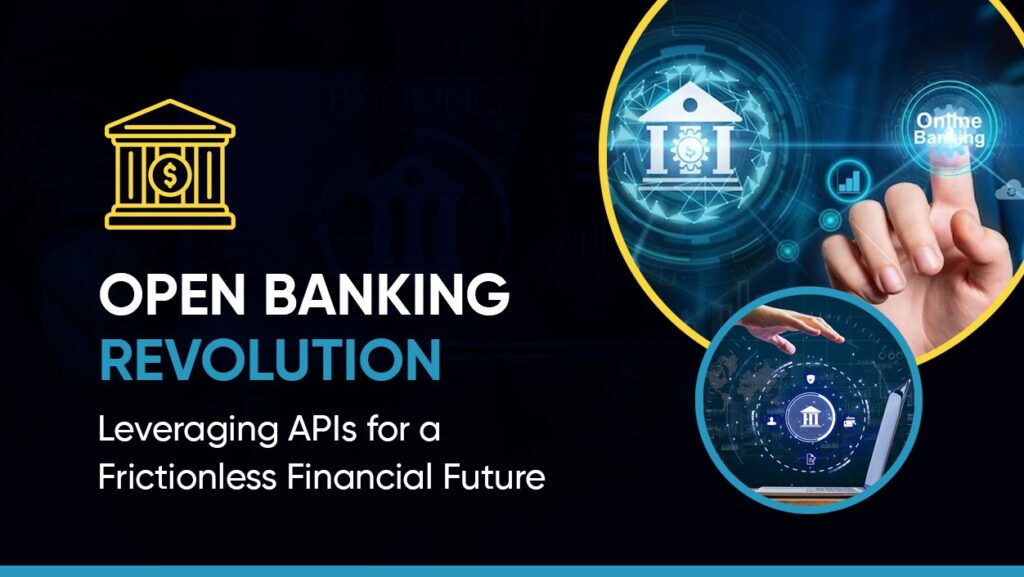The healthcare landscape stands at a pivotal juncture. Traditional methods, once seemingly unshakeable, are now teetering on the precipice of a dramatic transformation. Automation and machine intelligence (AI) are no longer mere buzzwords; they are the gleaming keys unlocking a future where patient outcomes soar to previously unimaginable heights.
Navigating the Future of Healthcare with Automation and machine intelligence
Empowering Healthcare Professionals for Enhanced Care:
Imagine a scenario where healthcare professionals are liberated from burdensome administrative tasks through the adoption of AI-driven billing software and telemedicine consultations. This newfound freedom allows physicians to forge genuine connections with their patients, facilitating the delivery of personalized and patient-centric care. Moreover, clinical decision support systems act as intelligent advisors, navigating vast datasets to provide evidence-based diagnoses and treatment plans, thereby guiding professionals through intricate medical scenarios with confidence.
Overcoming Challenges with AI Solutions:
Addressing the hydra of administrative overload, AI-powered solutions offer a formidable ally. Electronic health records (EHRs) seamlessly transform into digital repositories of accessible data, empowering both patients and healthcare providers. The integration of telemedicine as a virtual healthcare solution transcends geographical barriers, reducing wait times and improving accessibility. Simultaneously, AI-powered image analysis serves as a vigilant assistant, enhancing disease detection accuracy and paving the way for early interventions that lead to improved patient outcomes.
Personalized Medicine and Genomic Analysis:
The advent of genomic analysis has become the cartographer of individual health, crafting personalized treatment plans based on unique genetic variations. This tailored approach not only enhances the effectiveness of medications but also minimizes potential side effects. Predictive analytics, functioning as the oracles of medicine, identify individuals at risk for specific diseases, allowing for proactive preventive measures and personalized interventions before symptoms manifest. AI-powered medication management tools further contribute by diligently tracking pill-taking habits, recommending dosage adjustments, and optimizing treatment plans for each individual.
Chronic Disease Management and Digital Warriors:
In the realm of chronic disease management, a formidable alliance emerges, consisting of AI-powered wearable devices, chatbots, and telehealth platforms. These digital warriors empower patients by providing real-time insights and personalized recommendations. Wearables, which monitor vital signs and activity levels, offer a continuous and comprehensive picture of well-being. Chatbots, functioning as tireless motivators, provide 24/7 support and personalized reminders, ensuring patients stay on track with their treatment plans. Telehealth platforms play a crucial role in bridging geographical divides, facilitating ongoing monitoring and medication adjustments, thereby ensuring patient empowerment and adherence to treatment protocols.
Faster drug discovery and development:
The historically arduous journey of drug discovery finds an expedited route through the adept hands of AI-powered platforms. These digital alchemists analyze vast datasets, identifying potential drug targets and significantly accelerating the development process. In silico testing, operating as the virtual laboratory of the future, simulates drug interactions and assesses their effects on biological systems, reducing reliance on animal testing and propelling drug development forward. The personalized touch is added through big data analytics, which analyzes clinical trial data and patient health records to tailor drug delivery and optimize treatment plans for each unique individual.
Breaking Down Data Silos and Building a Seamless Healthcare Ecosystem:
The once fragmented landscape of healthcare data, marked by labyrinthine silos, undergoes a transformative shift through healthcare data integration platforms and standardized data exchange formats. These digital bridges break down barriers, fostering seamless data sharing between healthcare providers and streamlining care coordination.
Patient portals emerge as powerful tools, empowering patients to actively participate in their own health management. Patients can now manage appointments, access medical records, and communicate with healthcare professionals online. AI-powered logistics and scheduling tools optimize staff scheduling and patient flow, effectively reducing wait times and elevating the overall patient experience.
Bridging the Digital Divide for Equitable Care:
Mobile health apps and telehealth platforms serve as digital bridges, extending healthcare services to underserved areas, irrespective of location or socioeconomic background. AI-powered language translation tools break down communication barriers, promoting understanding between patients and healthcare providers from diverse linguistic backgrounds. Culturally sensitive AI algorithms, acting as architects of equitable care, consider social determinants of health and cultural factors, ensuring personalized and fair treatment for all.
Empowering Healthcare Professionals and Alleviating Burnout :
AI-powered clinical decision support systems act as valuable assistants rather than replacements for healthcare professionals. These systems assist in diagnoses, provide treatment recommendations, and assess risks. IT thereby enhances decision-making accuracy, freeing up valuable time for patient-centric care. Automated administrative tasks, such as handling repetitive work such as data entry and scheduling, allow healthcare professionals to redirect their focus towards building relationships. This will provide emotional support and deliver personalized care. AI-powered educational and training tools personalize learning experiences, improve skills, and support career development, fostering a thriving and engaged healthcare ecosystem.
Read more: How Technology Is Solving Workforce Challenges In Healthcare ?
Data Security and Governance: Establishing a Fortress of Trust
In the era of digital healthcare, ensuring the security and integrity of patient data is paramount. Blockchain technology emerges as a secure and transparent platform for storing and sharing patient data across different healthcare systems. Concurrently, data governance frameworks establish responsible practices for data collection, storage, and utilization, safeguarding patient privacy and maintaining data integrity. Cybersecurity awareness training equips healthcare staff with the necessary knowledge and skills to identify and prevent cyber threats, ultimately protecting sensitive patient information.
Conclusion:
As we approach the close of 2023, the echoes of a healthcare revolution grow louder with each passing day. Automation and machine intelligence , once considered futuristic concepts, are rapidly becoming the cornerstones of a future-proofed healthcare landscape. This isn’t a work of science fiction. It’s the vibrant canvas of a future already in the process of being painted.
The future of healthcare isn’t about replacing healthcare professionals. It’s about empowering them with cutting-edge tools to deliver better, faster, and more personalized care. Let’s embrace this technological revolution not with fear or trepidation but with open arms and a collaborative spirit.
Connect with us today.








